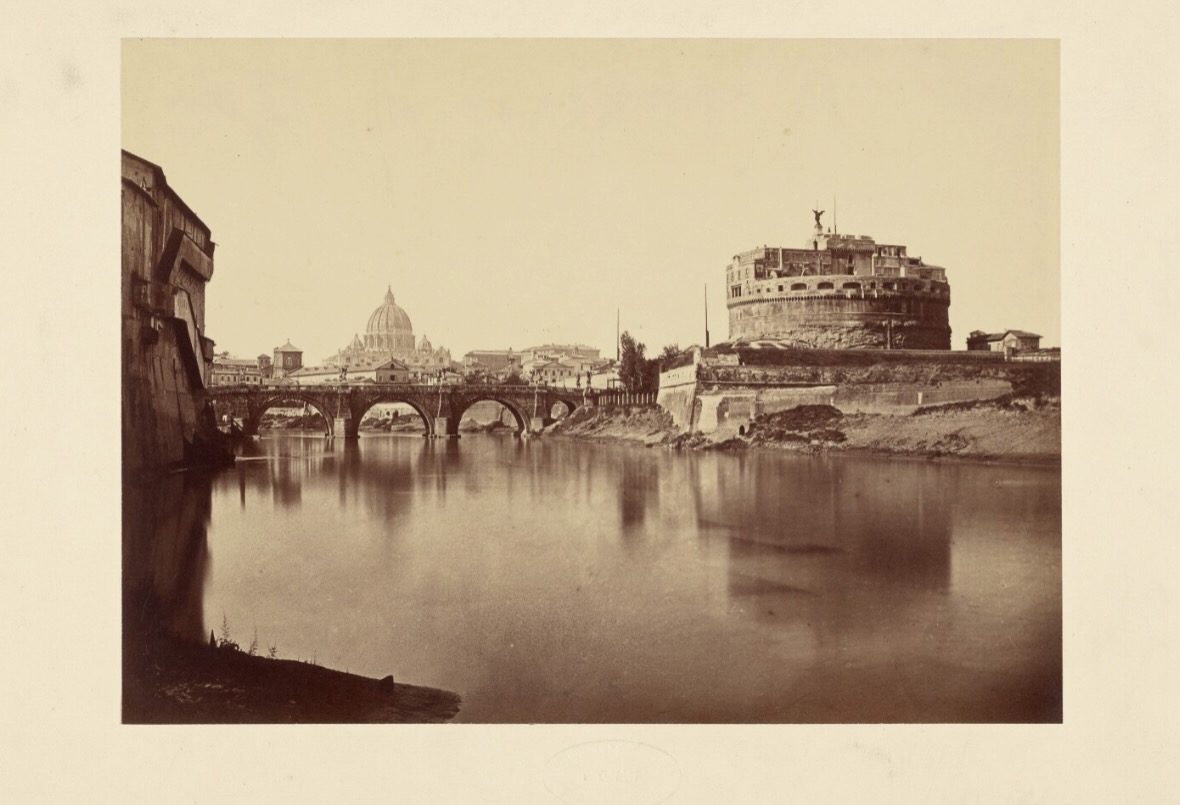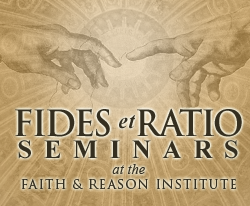Roman Waters
The English poet John Keats spent the last years of his short life in Rome, wrote most of the handful of great poems that have made him famous in the Eternal City, died – and is buried – there. His tombstone in the Protestant Cemetery (in Italian, wonderfully called the Cimitero Acattolico, i.e. “A-Catholic” = Non-Catholic Cemetery) bears the inscription “Here lies one whose name was writ in water.”
An admirer of the poetry – which at its best is quite worth remembering (it’s October and “To Autumn” is a good read) – might like to think that the line is not just a whiny, last Romantic poet’s blast at unnamed “enemies,” who are also mentioned on the tombstone. Other meanings than the poet intended might also be quite possible. In any event, the significance of that line goes far beyond Keats because all of our names are written in water – unless they’re written in the Book of Life.

Perhaps it’s sheer weariness as the Synod on Synodality spluttered to its laborious end, but I think there’s a great deal of wisdom in contemplating the transitoriness of human existence, wisdom that makes us live better in this world too. And helps us to better consider the mission of the Church, synodal or otherwise.
Memento mori. Remember that you will die. The second-century Christian Tertullian wrote that when a pagan general entered Rome in a glorious “triumph” after a victory, someone in the chariot with him would whisper, “Look to yourself. Remember you are a man. Remember that you will die.” (Respice post te. Hominem te esse memento. Memento mori.)


